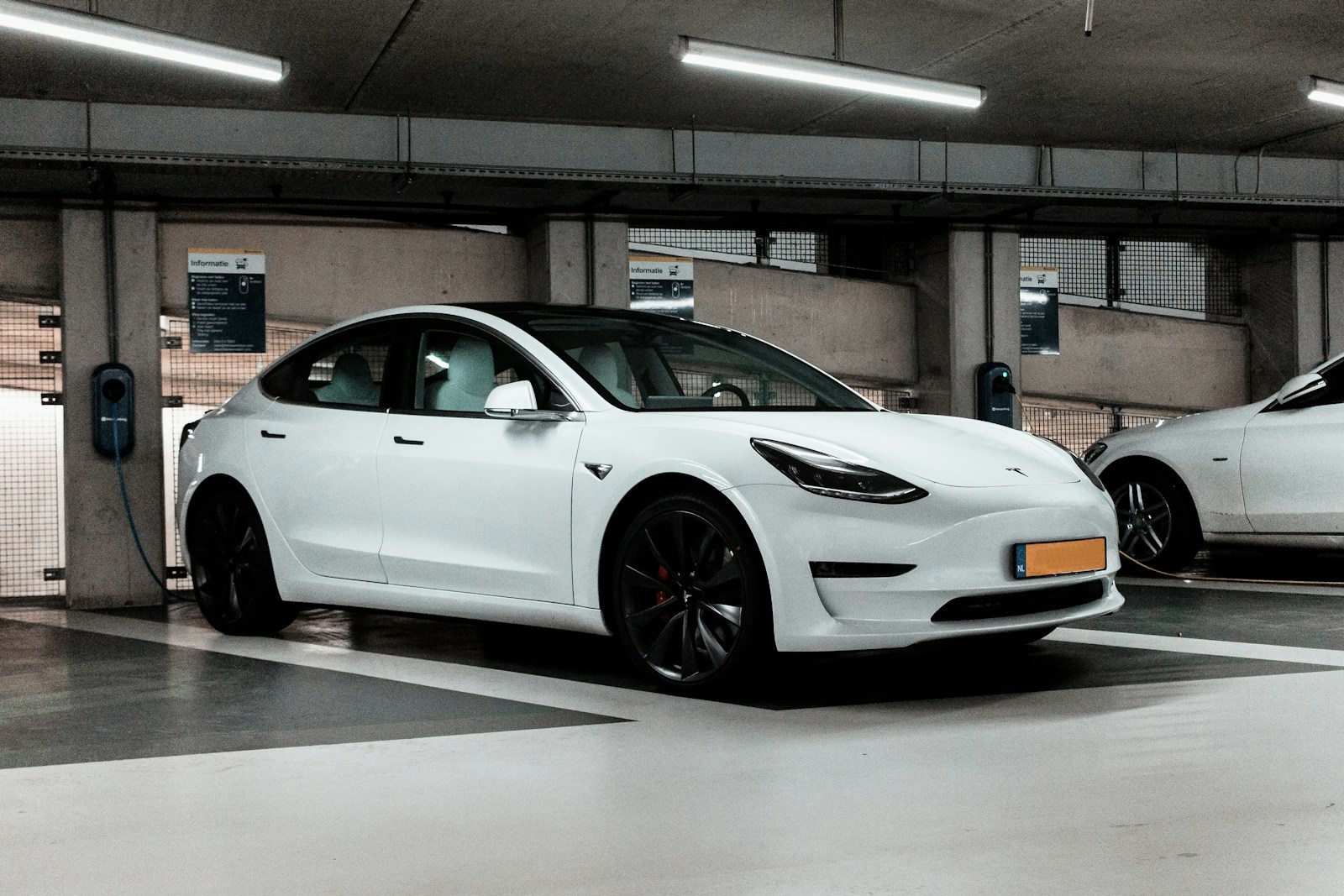May 30, 2024
millerins
Why electric vehicles are harder to insure

Electric vehicles (EVs) can present unique challenges for insurers, but they aren’t necessarily “hard” to insure in an absolute sense. However, several factors contribute to insurers carefully assessing risks associated with EVs:
- High Repair Costs: EVs often have expensive components such as batteries and sophisticated electronics. In the event of a collision or damage, repair costs can be significantly higher compared to traditional vehicles.
- Limited Repair Infrastructure: The repair infrastructure for EVs may not be as widespread or established as it is for traditional vehicles. Insurers need to consider the availability of repair shops equipped to handle EV repairs and the potential impact on repair times and costs.
- Safety Concerns: While EVs tend to have good safety records, insurers need to account for any unique safety considerations associated with EV technology, such as the risks of high-voltage systems.
- Battery Degradation and Replacement: Insurers may need to assess the risk of battery degradation over time and the potential cost of battery replacement, which can be a significant expense for EV owners.
- Data Availability: Insurers rely on data to assess risk and set premiums. However, the data available for EVs may be relatively limited compared to that for traditional vehicles, especially for newer models.
- Complexity of Technology: EVs incorporate complex technology, including battery management systems, regenerative braking, and advanced driver assistance systems. Insurers need to understand these technologies and their potential impact on risk.
- Range Anxiety and Charging Infrastructure: Concerns about range anxiety and the availability of charging infrastructure may affect insurance premiums. Insurers may consider factors such as the typical driving patterns of EV owners and the availability of charging stations in the areas where they operate.
While these factors can make insuring EVs more challenging, insurers are adapting to the growing popularity of electric vehicles and developing strategies to effectively assess and manage the associated risks. As the EV market continues to mature and technology advances, insurance products tailored specifically to EVs are likely to become more common.
Categories: Blog
